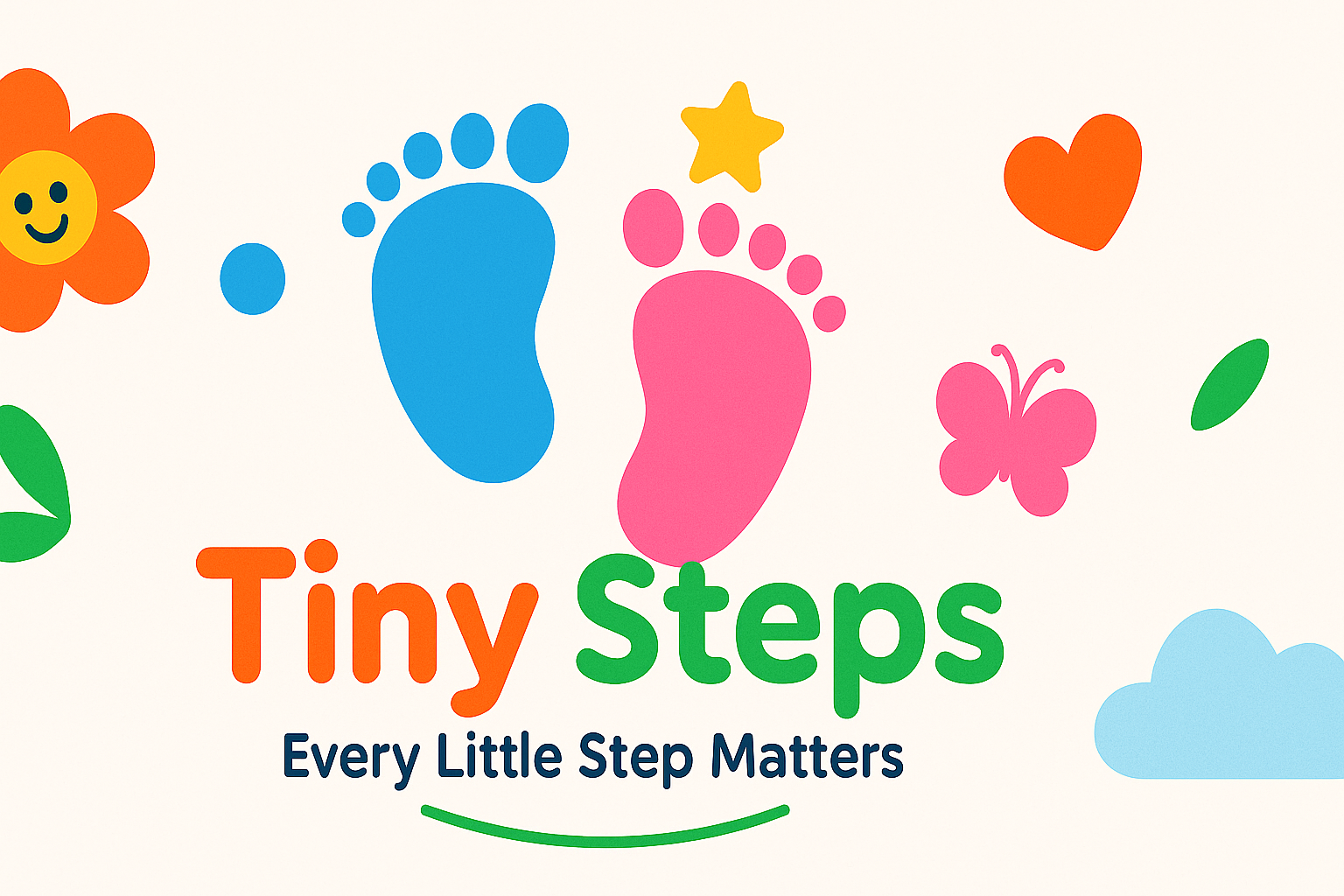Smart Baby Budgeting: How to Manage Baby Expenses Without Stress
Raising a baby is a joyous journey—but it comes with serious financial responsibilities. Experts estimate that parents will spend between $150,000 and $200,000 on a child by the time they turn 18. Fortunately, you don’t need to break the bank to raise a happy, healthy baby. With a few smart strategies, you can cut costs while still giving your baby the very best.
Contents
1. Seek Health Assistance if Needed
Medical bills can quickly become one of the biggest expenses. If you don’t have health insurance, research public assistance programs or state-funded health services. Don’t hesitate to ask for help—your baby’s health is top priority, and resources are available for families in need.
2. Breastfeeding Saves Money
If you’re able to breastfeed, it’s one of the most cost-effective and beneficial options. It’s free, always available, and can even support your long-term health. For those who can’t breastfeed, don’t feel guilty—programs like WIC (Women, Infants, and Children) offer formula assistance. You can also save by purchasing in bulk and using coupons or free samples.
3. Save on Diapers
Store-brand diapers often offer the same quality as big-name brands at a lower cost. For maximum savings, consider cloth diapers—they require a bit more effort, but the long-term cost benefit is significant.
4. Prevent Diaper Rash with Natural Remedies
A simple drop of olive oil applied during each diaper change can help prevent rashes (always consult your pediatrician first). Prevention is often more cost-effective than treatment.

5. Make Your Own Baby Food
Invest in a good blender and prepare baby food at home. It’s healthier and far cheaper than store-bought jars. Make batches in advance, freeze them in ice cube trays, and defrost individual portions as needed. It’s simple, quick, and nutritious.
6. Budget-Friendly Baby Clothing
Babies outgrow clothes quickly, so there’s no need for expensive designer outfits. Secondhand stores, yard sales, and hand-me-downs are your best friends. Babies look adorable in anything—save the big spending for essentials.
7. Practical Toy Choices
You don’t need to fill the nursery with high-end toys. Simple household items like clean plastic containers or empty shampoo bottles (thoroughly rinsed!) can entertain a baby just as well. When buying toys, focus on developmental benefits and durability.

8. Create or Update Your Will
Having a will is essential for your child’s future. A basic will that includes a trust for minor children costs between $150 and $250. It ensures your child’s guardian and trustee are people you trust—don’t overlook this step in your financial planning.
Final Thoughts
While babies are expensive, careful planning and smart choices can make the journey easier. From medical aid to homemade meals, the savings add up. What matters most is love, care, and preparation—not how much you spend.
Author: Sharanya
Published: June 11, 2025





